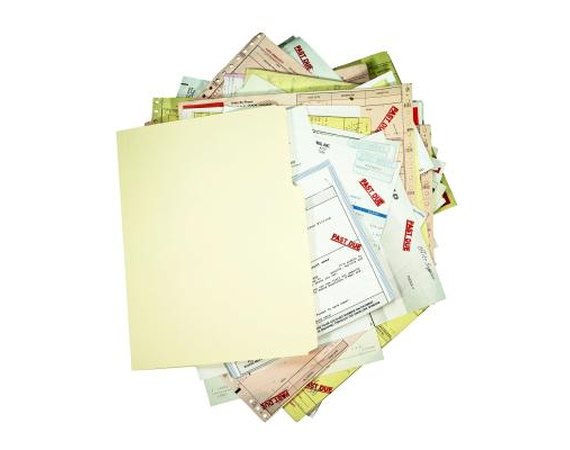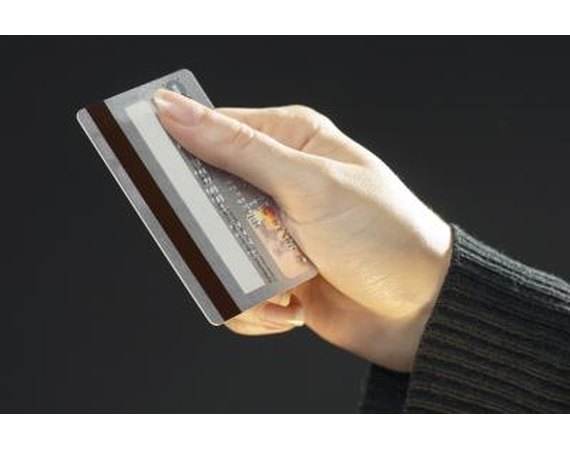Your credit report is a critical part of maintaining your financial integrity. Verifying that the information in your report is accurate and factual is an important step in making sure that you're able to take advantage of the best interest rates on mortgages, automobile loans, credit cards and private loans. If you find that information contained in your credit report is false, you can file a simple dispute with the credit bureau through the mail or on the Internet. The process is simple and straightforward, and in most cases it can be done in just a few minutes.
1 Find all false items on your credit report. Carefully note anything that is reported with the wrong balance or account status, collections that have since been paid off, and accounts with which you are unfamiliar.
2 File your dispute online. Each of the three credit reporting bureaus, Equifax, Experian and TransUnion, offers online dispute applications that can streamline the effectiveness and convenience of your case.
Visit the credit bureau's website (listed in this article) and click the "dispute" tab on the home page. This application will allow you to send disputes, on one or more false items that appear on your report, to the credit bureau directly so that it can investigate each item. If the credit bureau verifies that an item is indeed incorrect, it can remove or update it on your credit report. Include as much information as you can about the false items: account numbers, name of the creditor or debt collector, amount of the debt, and why the debt is invalid or incorrect.
The credit reporting bureau will email you updates as your disputes are processed, and you will be able to view the results of the dispute investigation online when it is complete.
3 Or file your dispute by sending a letter of dispute and supporting documentation by mail to the address(es) listed in this article. Your letter of dispute should be neatly written or typed and should include your full name, address, telephone number and information regarding disputed report items (account name, account balance, account number and the reason the item is incorrect).
Also include a brief note identifying the letter as a dispute letter. At the bottom of the letter, include a list of enclosures that you've sent along with the letter. Enclosures should be supporting documentation that proves that the items in question are incorrect. Examples of enclosures are copies of bank statements showing the account was paid, credit card statements, a letter from the creditor, bill payment receipts, or canceled checks made out to the creditor. Enclosures are not required for filing a dispute claim, but they are helpful in assuring the timeliness and accuracy of the dispute.
Contact information: Equifax, P.O. Box 740256, Atlanta, GA 30374; (800) 865-1111; www.equifax.com.
Experian, P.O. Box 2014, Allen, TX 75013;(888) 397-3742; www.experian.com.
TransUnion, P.O. Box 2000, Springfield, PA 19022; (800) 888-4213; www.transunion.com.
4 Wait 30 to 45 days to receive a response from the credit bureau. Online disputes can take up to 45 days to process, while mailed-in disputes take up to 30 days from the date that the bureau receives your dispute request.
If you mailed the dispute letter, you will receive a response in the mail. Information on disputes that were filed online can be viewed online once the investigations are complete.
5 Check your credit reports from the other credit bureaus as well. If you find that information in those reports is also incorrect, those disputes will need to be filed separately, in the same manner.





























